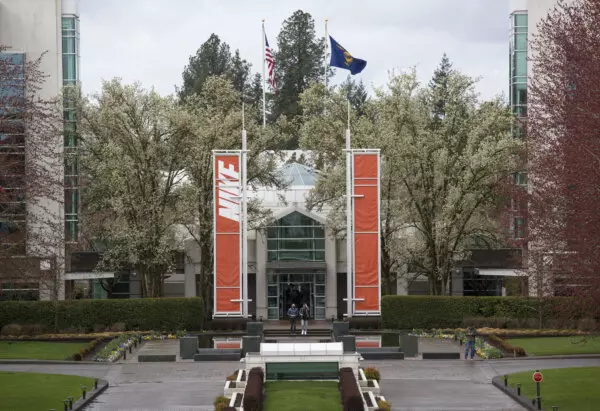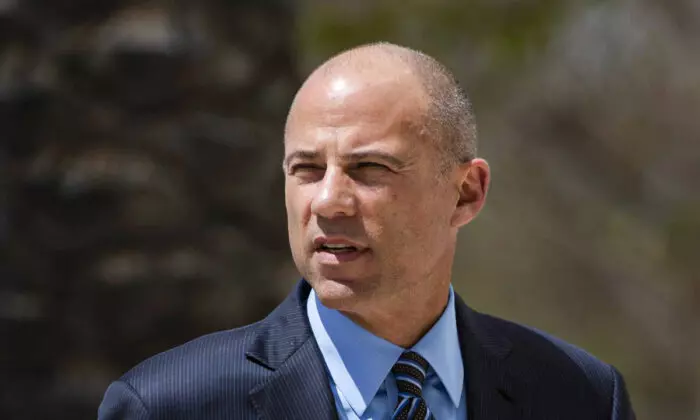On May 28th, the U.S. Supreme Court rejected lawyer Michael Avenatti’s bid to overturn his conviction in a Nike-related case. The court declined to explain its decision and highlighted that Justice Brett Kavanaugh did not participate in the ruling. Avenatti previously represented a woman who accused Kavanaugh of sexual assault.
The central issue in the Nike-related case was an audio recording of a threat made by Avenatti in 2019, in which he warned that he would tarnish Nike’s reputation and lower its stock price unless it paid him up to $25 million for a probe plus $1.5 million to his client, youth basketball coach Gary Franklin. Franklin testified that he did not want an investigation but merely sought the resumption of Nike’s sponsorship of his team.
Nike has denied any wrongdoing in the matter. Avenatti was convicted for extorting Nike and committing “honest services fraud” against Franklin, a crime where someone in a position of authority deprives clients or constituents of their right to honest services.
Avenatti’s lawyers argued in a Supreme Court filing that the 1988 statute criminalizing honest services fraud is too vague and violates defendants’ right to due process under the U.S. Constitution’s Fifth Amendment. They also urged the justices to consider the case, contending that settlement negotiations like Avenatti’s communications with Nike should not result in criminal extortion charges.
The U.S. Department of Justice suggested that the nation’s top court decline to hear the case, noting that Avenatti had not raised the vagueness argument before a federal appeals court. The government also maintained that Avenatti’s exertion conviction was warranted since he demanded payment of up to $25 million from Nike.
Following the jury’s conviction of Avenatti, U.S. District Judge Paul Gardephe rejected his request for acquittal. The appeals court in 2023 affirmed that ruling, stating that the trial evidence was sufficient to support Avenatti’s conviction on both extortion charges.
A lawyer representing Avenatti, Daniel Habib, did not comment on the Supreme Court’s decision, and the Department of Justice has yet to respond to a request for comment.
In 2018, Avenatti gained prominence for representing adult film performer Stormy Daniels (real name Stephanie Clifford) in litigation against then-U.S. President Donald Trump. He was frequently seen on cable television and promoted by numerous opponents of the president. Avenatti’s 2020 conviction for fraud and extortion resulted in a sentence of 30 months in prison.
In June 2022, Avenatti received an additional two-and-a-half-year sentence for defrauding Ms. Daniels out of a book contract. The U.S. Court of Appeals for the 2nd Circuit upheld that conviction earlier this year. In December 2022, Avenatti was sentenced to an additional 14 years in prison after pleading guilty to cheating four other clients, including a paraplegic man, out of millions of dollars.


